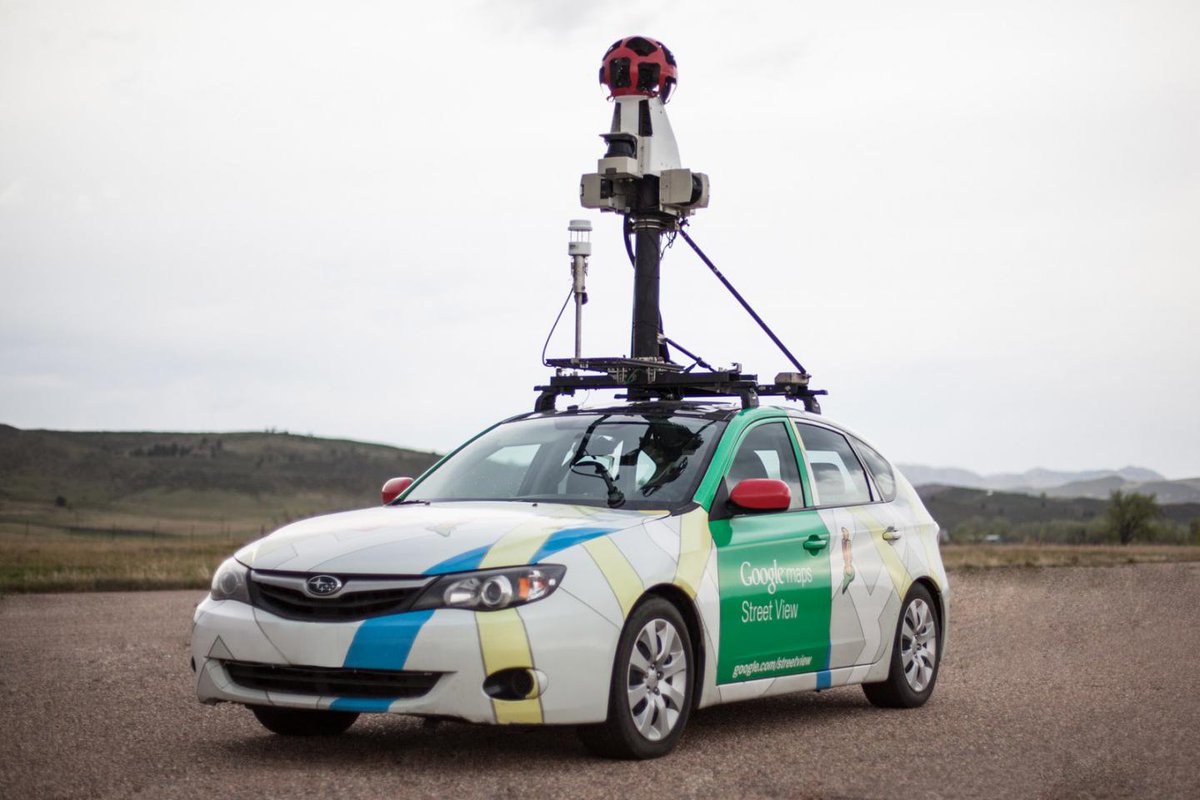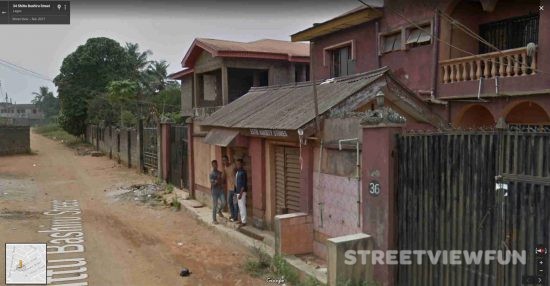By Enyioma Madubuike
This is the second instalment of the feature: #GoogleforNigeria and the Problems with Google Street View in Nigeria- Part 1. You can read it here.
Security Concerns
A few countries have expressed concerns about the possibility of the use of Google Street View by criminals to spy on targets especially due to the ease of access. The Indian government recently refused to grant Google permission to cover India through Street View mainly because of the security concerns, like panoramic images available will aid terrorist attacks, and those sensitive areas such as nuclear establishments and defence areas can be exposed.
Because of these concerns, it is clear that where any country decides to allow the Street View technology, it must enter into an agreement to restrict capture of sensitive locations. It will be irresponsibly naïve for any country to allow unrestricted access for Street View capturing.
Implications for Nigeria
First, in discussing the implications of Street View for Nigeria, it must be pointed out that Nigeria today has no concrete data protection law. Nigeria has no central regulator for the protection of the data of its citizens. The only body of laws that provide specific and detailed provisions for the regulation of the collection, storage, processing, management, and operation of data in Nigeria is the NITDA Guidelines on Data Protection.
However, although the NITDA Guidelines apply to federal, state and local government agencies and institutions as well as private sector organisations that own, use or deploy information systems of the Federal Republic of Nigeria, and also apply to organisations based outside Nigeria if such organisations process personal data of Nigerian residents, the provisions of the NITDA Guidelines are not mandatory for private companies and only serve as a point of reference for data collectors with respect to the minimum data protection requirements for the collection, storage, processing, management, operation, and technical controls of personal data.

However, although the NITDA Guidelines apply to federal, state and local government agencies and institutions as well as private sector organisations that own, use or deploy information systems of the Federal Republic of Nigeria, and also apply to organisations based outside Nigeria if such organisations process personal data of Nigerian residents, the provisions of the NITDA Guidelines are not mandatory for private companies and only serve as a point of reference for data collectors with respect to the minimum data protection requirements for the collection, storage, processing, management, operation, and technical controls of personal data.
In light of the absence of a data protection regulator in Nigeria, one can only wonder the terms of engagement for the launch of Google Street View in Lagos. Even though the prospect of the Street View technology, especially as a complement to Google Maps in Nigeria, is exciting, the question that must be asked is; who and what exists on this side to ensure that the rampaging juggernaut does things properly here in Nigeria and is held accountable for any missteps which it has shown propensity to make?
Who is negotiating with Google on behalf of Nigerians who will be exposed to unauthorized photographs accessible to the world? Who is negotiating on behalf of Nigeria to protect its citizens, its secrets, and its sovereignty?


Some countries are already imposing requirements on Google Street View like requiring it to inform the public in advance before it photographs that area, such as through the publication of an advertisement in a newspaper. Some countries have also suggested that people be given the option of ‘opting in’ to be photographed instead of the current opt-out mechanism currently employed by Google Street View.
What and how is data being collected? Since Google has already collected pictures of places in Lagos, was the collection done by Google cars and was data in unencrypted wi-fi connections scooped up as was done in its operation in other countries? Where is the data collected to be stored? Is it possible for data collected to be used against Nigeria’s interests, especially if it is stored in the US and subject to US government control rather than Nigerian control? It would be nice to see an agreement to keep all data collected in Nigeria.
Is Nigeria thinking of what kind of sites it would want accessible to the world as it affects the image it tries to portray to the world? I do not think we should intentionally allow the display of unflattering sites to potential visitors all over the world. These discussions are meant to be had first at the federal level before state level permissions are considered.
The truth is that Nigerians generally may not have attained the necessary awareness of the issues involved in this discussion today, and may not care but if the impact of adopting this technology is permanent it is important that responsible discussions be had today. It is also true that Street View may have positive benefits for Nigeria’s security services at the expense of civil rights and the arguments about what trumps what should not be left till later.
What is however not arguably is the immense implications of Google Street View on the entire country and it will serve us all well to fully consider the implications of adopting this technology and create necessary safeguards to protect the public. It is also not arguable that any permission to allow Street View should incorporate specific and general obligations on Google.
And so at this point, it is important that we ask the question: Who is standing at the gates?
Enyioma is co-founder at Legitng, a Nigerian legal service and content start-up. He advises startups, businesses and government on the intricate legal issues of a changing 21st-century environment.






